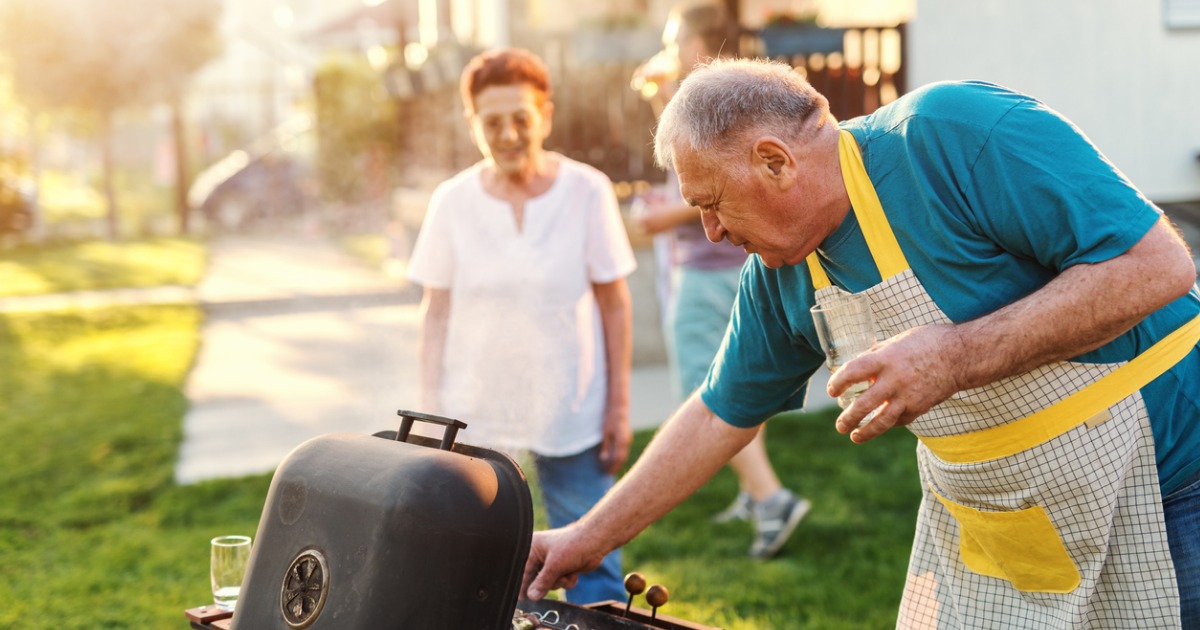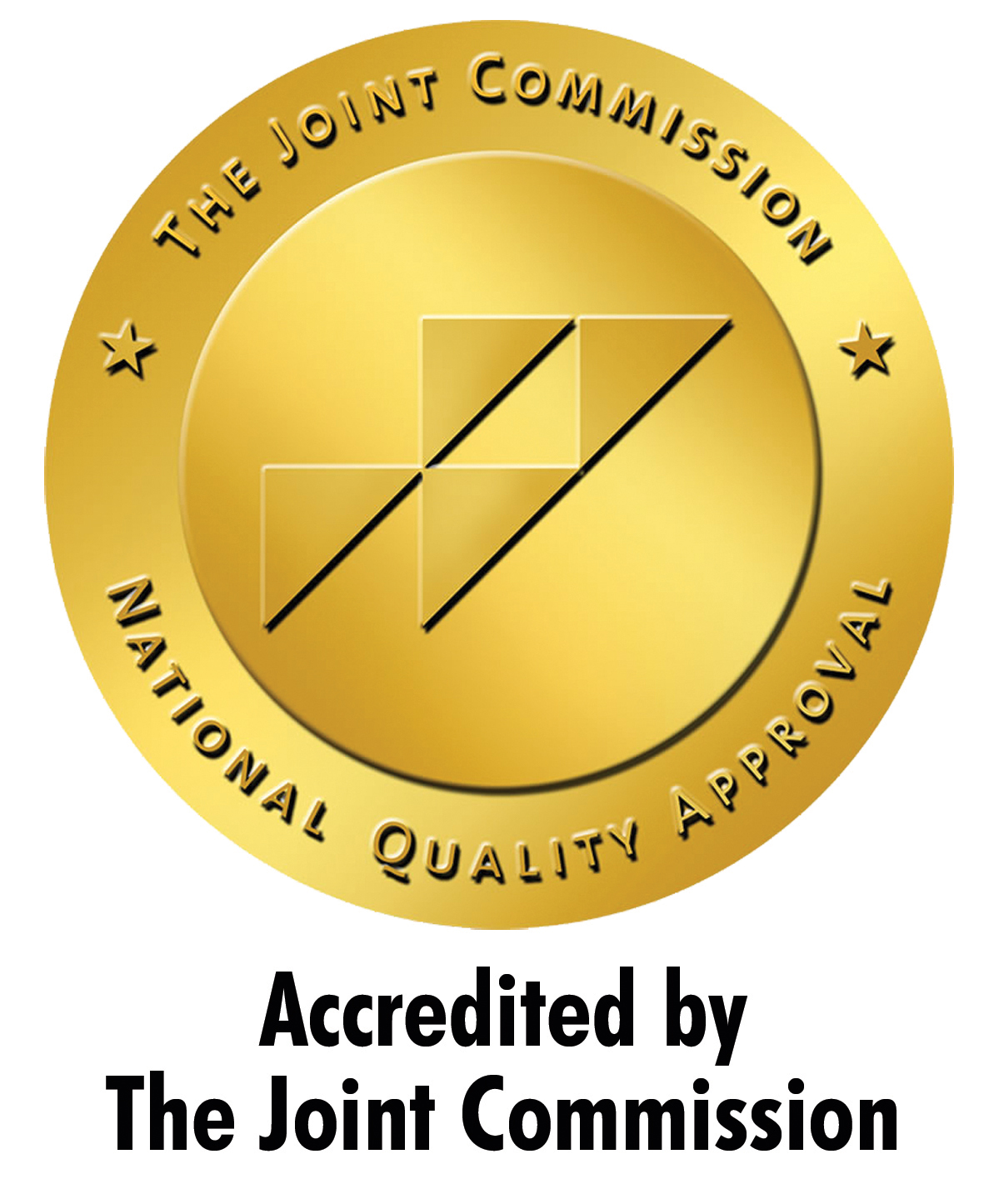Summer Heat and Your Health
After a long winter and spring, there’s nothing quite like an Ohio summer day. But the much anticipated sun and humidity can take a toll on your health. If you aren’t careful, your beautiful day outdoors could turn into a serious issue, from dehydration to sunburns to heat stroke. As you’re making plans to be outside, make sure you’re taking these precautions to avoid these preventable heat-related illnesses.
What Are the Signs of Dehydration?
You might be dehydrated if you feel thirsty, have a dry or sticky mouth, or if you aren’t peeing much or your pee is dark yellow. Your skin might feel cool and dry and your muscles may start to cramp. You might develop a headache. More serious side effects of dehydration include not peeing at all or having very dark yellow pee, very dry skin, feeling dizzy, rapid heartbeat, rapid breathing, sunken eyes, lethargy, confusion, irritability, and fainting.
How Can You Tell If a Child Is Dehydrated?
Infants and children aren’t able to read their bodies’ needs. If you notice a child complaining of a dry mouth and tongue, if they aren’t shedding tears when crying, or if their diaper is dry for three hours, there’s a good chance they are dehydrated. Other symptoms of dehydration in children include sunken eyes, cheeks, and soft spot on the top of the skull as well as sleepiness, lack of energy, or irritability.
What Are the Signs of Heat Stroke?
If you’ve been working out in the sun for prolonged periods of time, your body is at risk of overheating. Symptoms of heat stroke include a high body temperature (103 degrees or higher); hot, red, dry, or damp skin; fast and strong pulse; headache, dizziness, and confusion; nausea; and losing consciousness (passing out).
If you or a loved one are experiencing these symptoms, you should call 911 right away—heat stroke is a medical emergency. You can help lower the person’s body temperature by applying cool cloths or submerging them in a cool bath.
How to Prevent Heat-Related Illnesses
The CDC offers these three hot weather tips—stay cool, stay hydrated, and stay informed.
Stay Cool
If you’re going to be outdoors, wear lightweight, light-colored, and loose-fitting clothes. Limit your outdoor activity to the times of day that are the coolest. Give your body time to recuperate by resting often in the shade and cutting down on exercise during the heat. Apply sunscreen and wear a wide-brimmed hat and sunglasses—sunburns affect your body’s ability to keep cool.
Access air conditioning whenever possible indoors. If you don’t have air conditioning, find a public location that does; spending even a few hours in air conditioning can help you prevent a heat-related illness. Taking a cool shower or bath can also drop your body temperature at home when it’s hot.
Never leave children or pets in parked cars. Cars can heat up quickly, even with a window cracked open. Always check your car when you park to make sure that everyone is out of the car.
Stay Hydrated
It’s important to stay in front of dehydration—when it’s hot out, you should drink more fluids no matter how active you are. Avoid sugary and alcoholic beverages, because these can actually cause you to lose more fluid. A sports drink can help replenish the salt and minerals lost through sweating.
If your doctor limits your fluid intake or has you on water pills, a low-salt diet, or if you have a chronic health condition such as diabetes or high blood pressure, ask how much fluid you should be drinking when it is hot out, and what types of fluids you should avoid (such as sports beverages, which have added salt and minerals in them).
Stay Informed
Recognizing the signs of heat-related illness can keep you and your loved ones safe. Check in on loved ones during a heat wave, especially those who are younger and those who are 65 and older. Local news stations will alert the area about extreme heat so you know how to prepare and how to stay cool.
« Back to Learning Center



